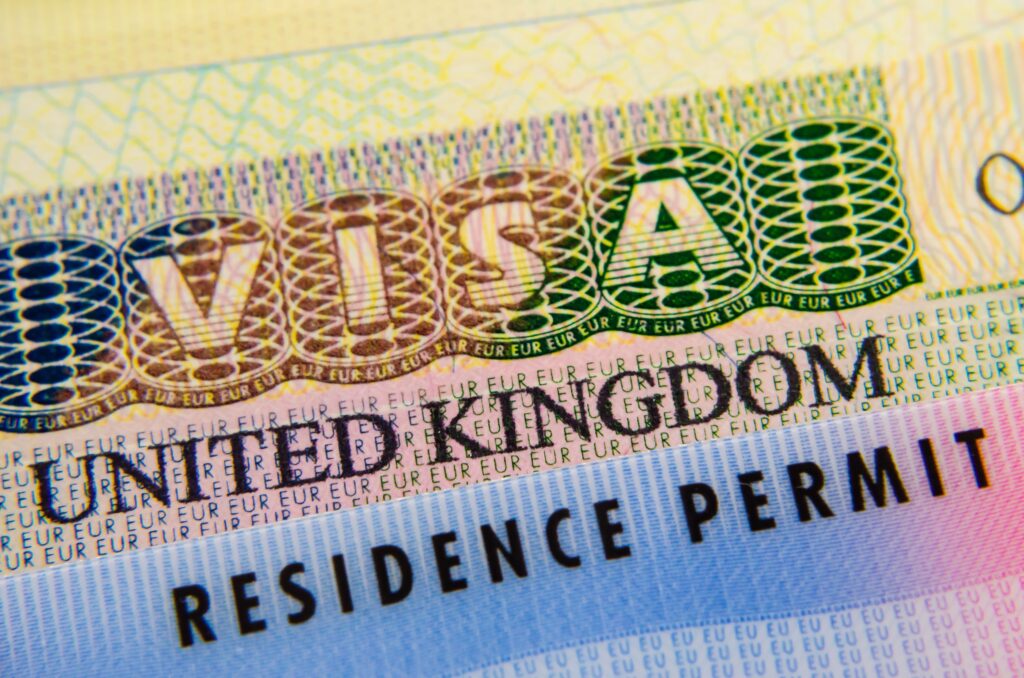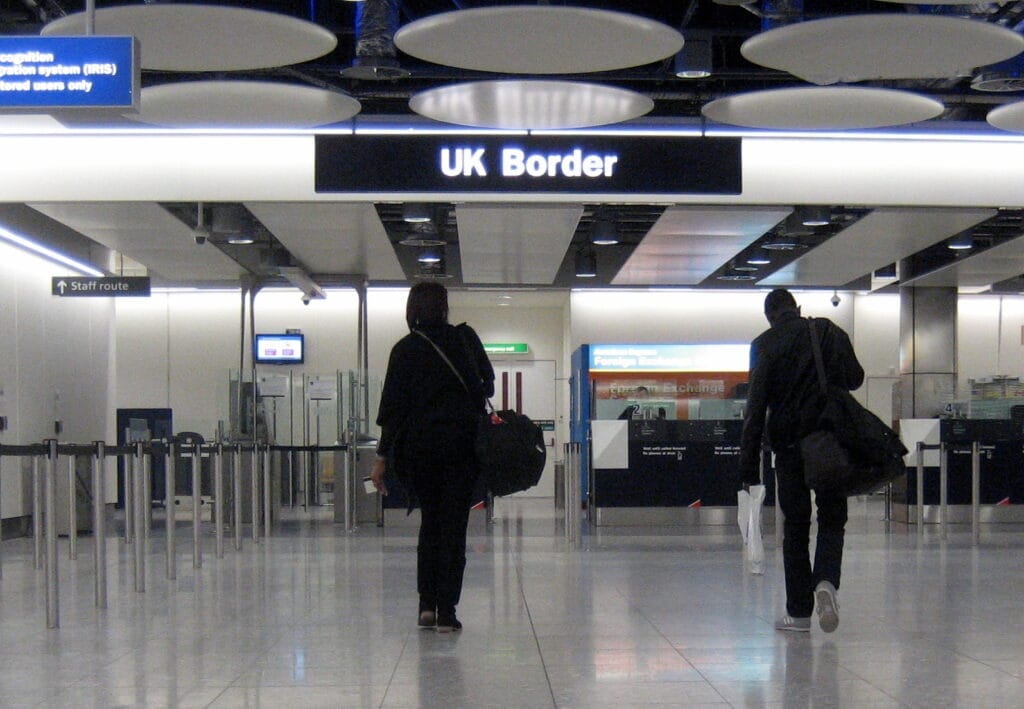Upcoming changes to work permits in Poland
The Polish government has announced a revised draft law concerning the employment of foreign nationals. The proposed changes will impact non-EU nationals seeking to work in Poland, and their employers.
We set out the proposals, alongside other recent immigration changes in Poland, below.

Changes to contract rules when employing foreign nationals
According to the new provisions, all kinds of work authorisations (i.e. work permit, declaration on entrustment of work or a residence permit for the purpose of work) will be granted with a condition that a foreign national can be employed under employment contract only. Employment on the basis of civil law contracts (typically service contracts) will not be possible.
The Labour Ministry justifies this change as a necessary step towards better protection of those entering the Polish labour market, as an employment contract remains the safest and most advantageous form of employment from the employee’s perspective.
Several exceptions to the new rule will apply. An employment contract will not be mandatory for the following:
- Holders of temporary residence permit for highly qualified persons (Blue Card)
- Citizens of Ukraine (currently have unlimited access to the labour market)
- All foreign nationals exempted from work permit obligations.
Employers offering employment contracts and service contracts executed within the scope of business activity run by a foreign national (B2B) remain unaffected.
The draft law is still under review, and no date for its implementation has been set.
Employing foreign nationals could become more expensive
The draft law concerning the employment of foreign nationals introduces new rules on setting fee caps for work permits in Poland.
According to the proposed provisions, fees for work permits will be set by the Labour Ministry and cannot exceed:
- The minimum wage – in case of work permits (currently 4300 PLN gross);
- 10% of the minimum wage – in case of seasonal work permits and declarations on entrustment of work.
It has not yet been confirmed whether the fees will actually increase as the proposals are still under consideration, but such a scenario should be considered.
Colombians who plan to work in Poland must obtain a visa
As of 15 August 2024, Colombian nationals entering Poland for work purposes must hold a valid visa.
The visa requirement applies disregarding a period of planned stay and work permit. Colombian nationals can still travel without a visa for 90 days within the last 180 days, but only for non-working purposes.
According to the Polish Ministry of Foreign Affairs, the decision has been introduced due to rapidly increasing numbers of Colombian nationals in Poland who could previously enter Poland under the visa-free regime.
Introduction of the EU Entry / Exit System
Non-EU nationals intending to travel to Poland towards the end of 2024 and beyond should be aware of the impending launch of the EU Entry / Exit System (EES).
The EES is an automated system for registering non-EU nationals travelling for short stays (up to 90 days within a 180-day period) each time they cross EU external borders.
The EES will allow better verification of travellers’ identity, criminal records and previous entry records. It will replace passport stamps and will enable more efficient tracking of all non-EU nationals.
Individuals who already hold a residence permit or a national long-term visa will not be subject to the EES. Citizens of Iceland, Liechtenstein, Norway and Switzerland are also exempt.
The anticipated launch of the EES is the end of 2024.
For more information on these changes, please contact the Global Immigration team at Smith Stone Walters.















